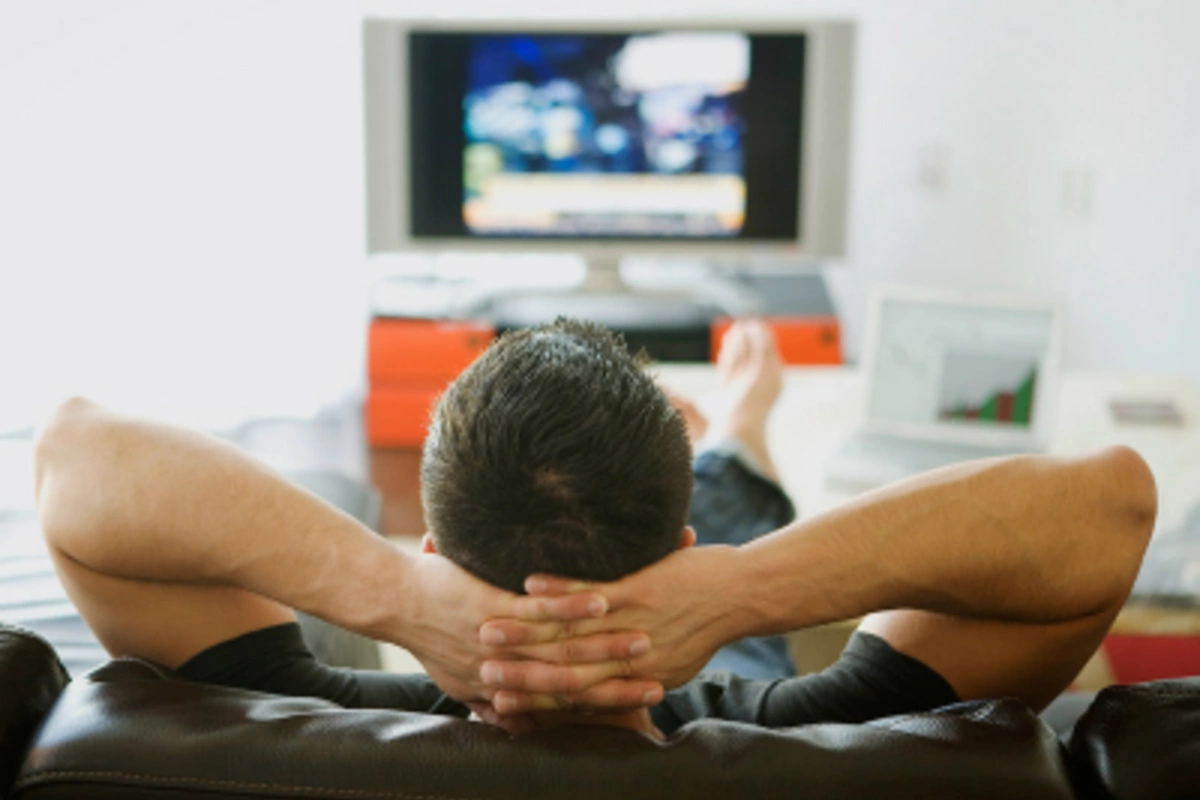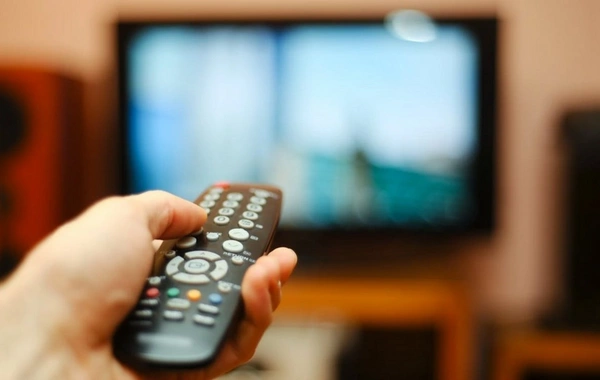Why is falling asleep in front of the TV dangerous?

The habit of falling asleep with the light on or the TV running can negatively affect heart health. Scientists are increasingly talking about the connection between lighting during sleep and an increased risk of developing cardiovascular diseases.
During sleep, the body should completely relax, and recovery processes are activated in the brain. Light interferes with this: even dim lighting can suppress the production of melatonin - a hormone responsible for circadian rhythms, sleep regulation, and blood pressure. Disruptions in these processes increase the strain on the heart.
In addition, studies show that sleeping with the light on can cause frequent awakenings, reduced sleep quality, and increased levels of cortisol - the stress hormone. This, in turn, leads to an increased risk of hypertension, inflammatory processes, and metabolic deterioration.
Even seemingly harmless light sources such as a night light, phone screen, or television can cause long-term negative consequences. Middle-aged and elderly people are especially vulnerable to this, as well as those who already have problems with blood pressure or sleep disorders.
To reduce risks, doctors recommend sleeping in complete darkness, using blackout curtains, turning off electronic devices, and avoiding bright lighting at least an hour before bedtime. This simple rule can significantly improve the quality of rest and support cardiovascular health.
Similar News
Found a new possible cause of cell aging
Cell aging is associated not only with the accumulation of damage but also with the gradual loss of their "instructions" that determine specialization and funct...




 Azərbaycanca
Azərbaycanca  По-русски
По-русски  English
English 





